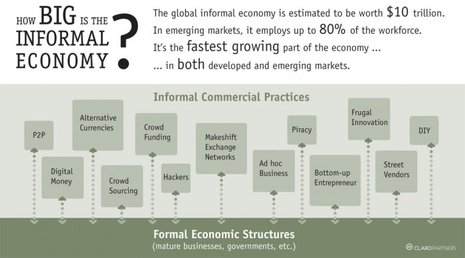$13m turnover a month at a refugee camp!
- The Economist
The Refugee Entrepreneur
There are over 65 million displaced people across the world and numbers are growing every day, largely due to conflict zones and climate change. On average, these people will spend 17 years displaced before returning home or settling elsewhere. Yet, they are still classed as temporary residents in their host countries for this duration.
Out of necessity, refugees are self-organising as entrepreneurs in large numbers, encouraged by the UN. Entrepreneurship offers refugees a mechanism for building and growing, both as people and as providers. It allows them to take ownership of their own lives within the confines of their situation.
Out of necessity, refugees are self-organising as entrepreneurs in large numbers, encouraged by the UN. Entrepreneurship offers refugees a mechanism for building and growing, both as people and as providers. It allows them to take ownership of their own lives within the confines of their situation.
The Benefits of Alternative Finance
Since 2000, the UN refugee agency, UNHCR, has been offering micro-finance, where possible, as a sustainable way of enabling refugees to become self-reliant. We are using private-sector resources to support this work.
These alternative, collaborative, informal, and peer-to-peer finance methods allow people around the world to support and engage with the refugee community, and also help the refugees feel part of the global community while providing vital support. In many cases, these financial relationships have developed into life-long friendships.
These alternative, collaborative, informal, and peer-to-peer finance methods allow people around the world to support and engage with the refugee community, and also help the refugees feel part of the global community while providing vital support. In many cases, these financial relationships have developed into life-long friendships.



